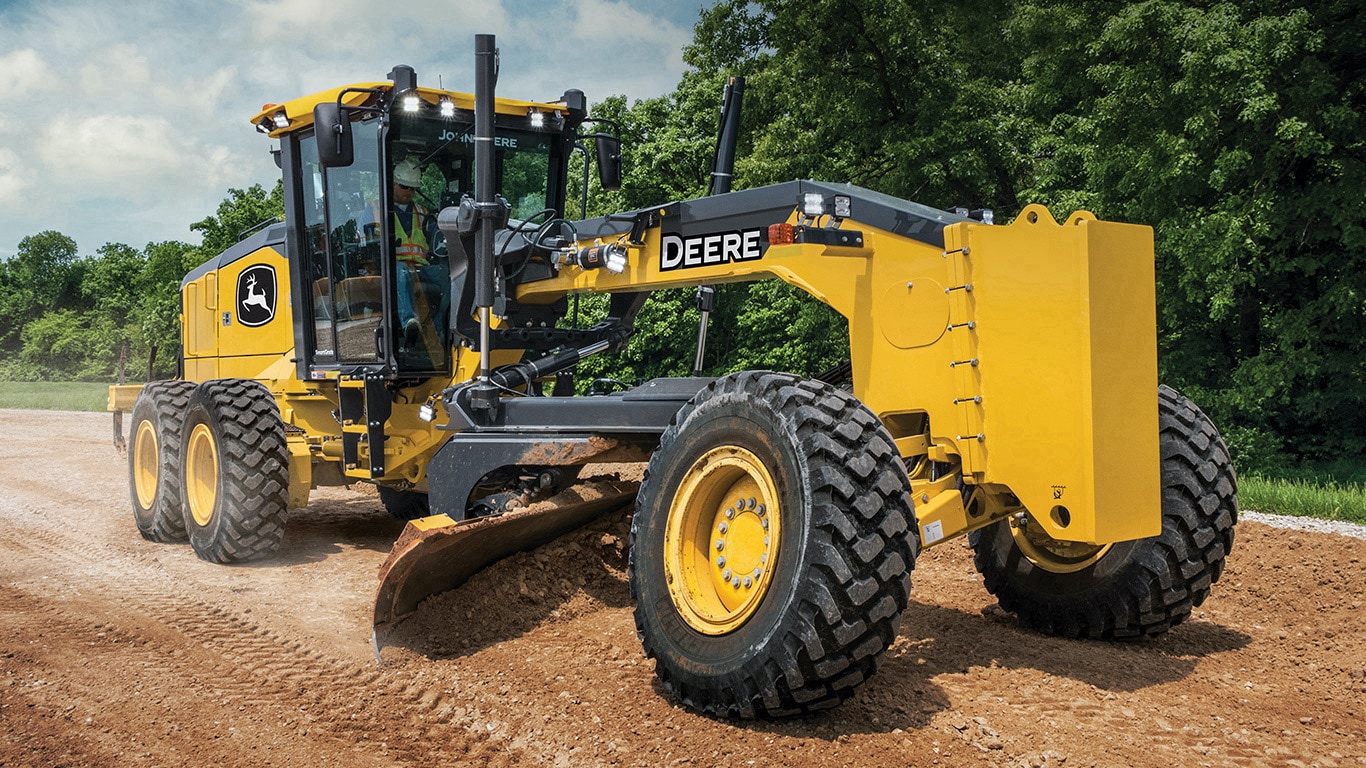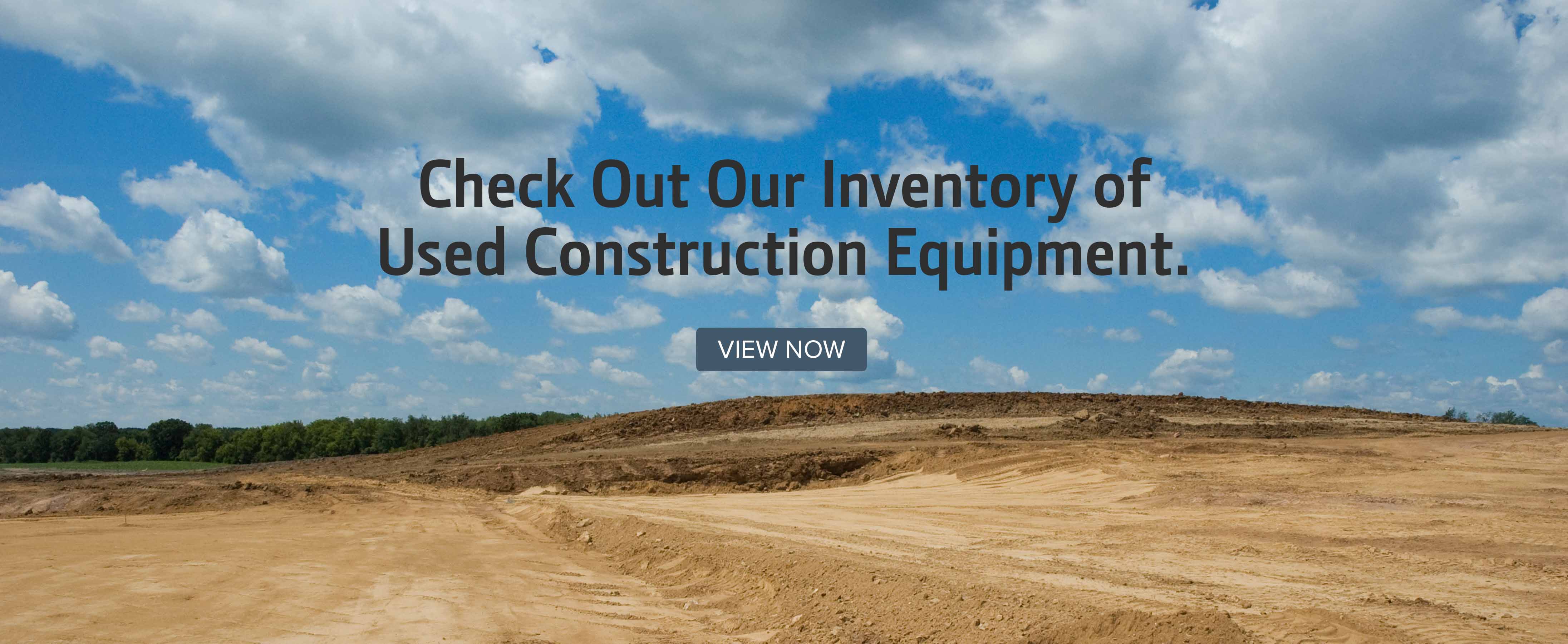Roadbuilding equipment, otherwise known as road construction equipment, refers to machinery used in the construction and maintenance of roads, highways, bridges, and other transportation infrastructure. Roadbuilding equipment includes a variety of heavy machinery including motor graders, wheel loaders, and crushers. These pieces of equipment are designed to perform specific tasks such as grading, paving, compacting, and surfacing roads.
What Are the Different Types of Roadbuilding Equipment?
There’s a variety of pieces of machinery used as roadbuilding equipment. Here are some of the most common types of roadbuilding equipment:
Motor Graders
A motor grader is a piece of roadbuilding and heavy construction machinery used for grading and leveling highways, roads, and other surfaces. Motor graders are designed to flatten surfaces as well as spread dirt and remove debris from areas.
Wheel Loaders
A wheel loader, also known simply as a "loader,", is a piece of heavy equipment used for roadbuilding, mining, agriculture, and construction projects that involve building sites. A wheel loader features a large front-mounted bucket and has the ability to maneuver on wheels rather than tracks, making it highly versatile and suitable for a wide range of tasks.
Crushers
A crusher, also known as a jaw crusher, is a piece of heavy machinery designed to reduce, or crush, large rocks, ore, or other materials into smaller pieces. Crushers also have the ability to aggregate materials into a specific size. Crushers are most often used for mining, roadbuilding, construction, and demolition.
What Equipment is Used to Build Roads?
There is a variety of equipment used to build roads, but the most common pieces of equipment used include motor graders, wheel loaders, crushers, excavators, and cranes.
Where to Find Roadbuilding Equipment?
Ready to improve efficiency and streamline operations for your worksite? Search for roadbuilding equipment using John Deere MachineFinder and get information regarding your local dealers and equipment specifications.
If you enjoyed this post or want to read others, feel free to connect with us on Facebook, Pinterest, Twitter, or Instagram!
Additional Resources

